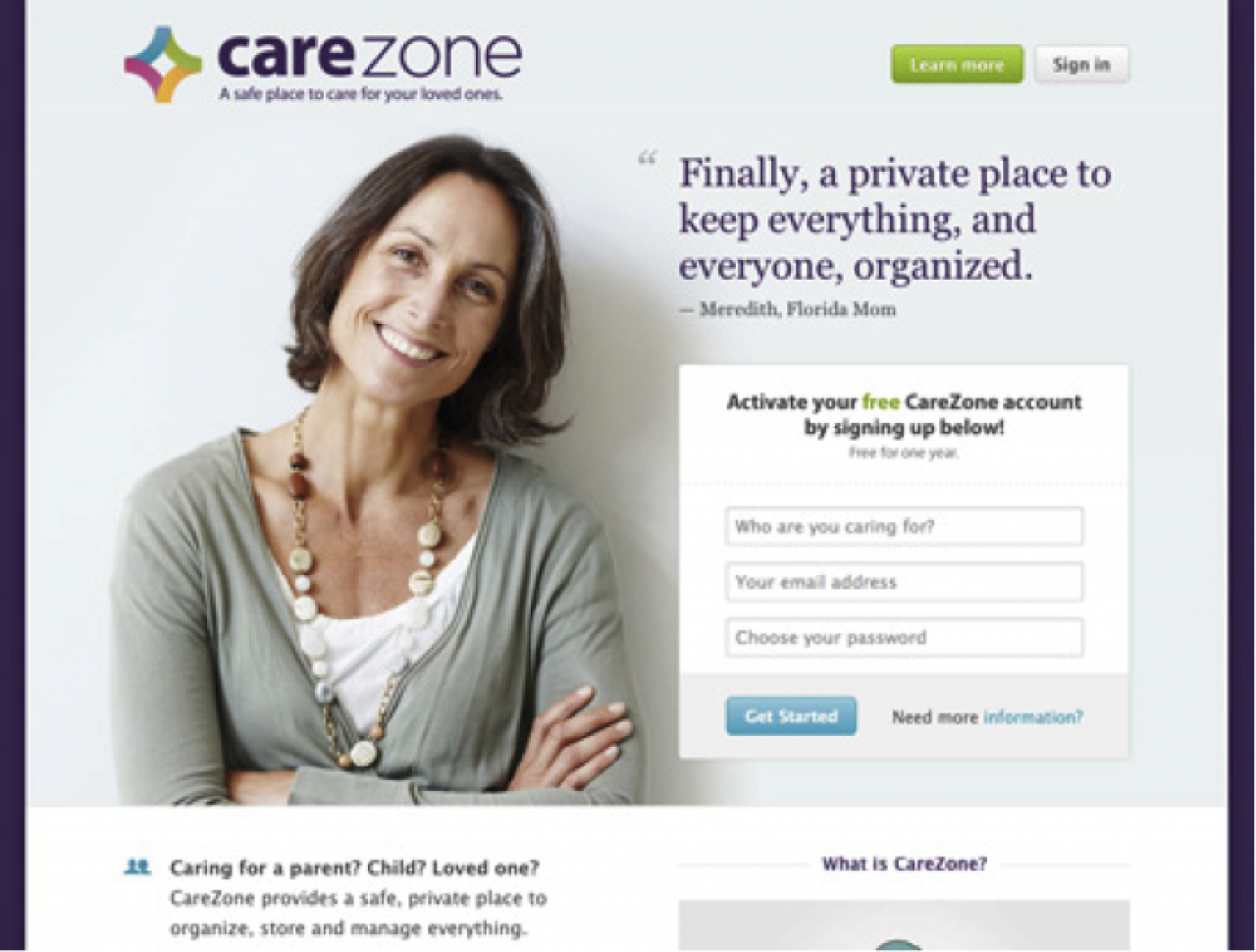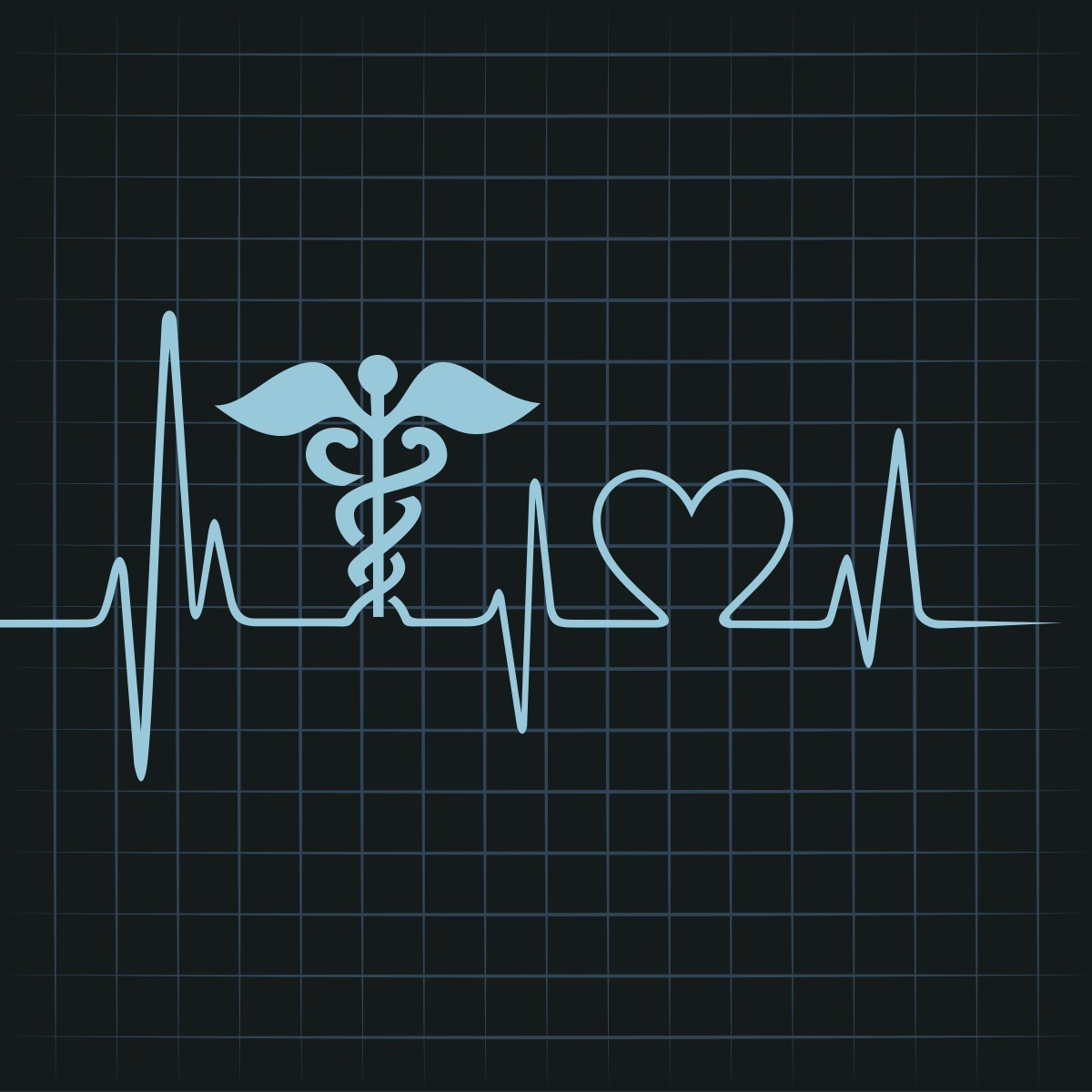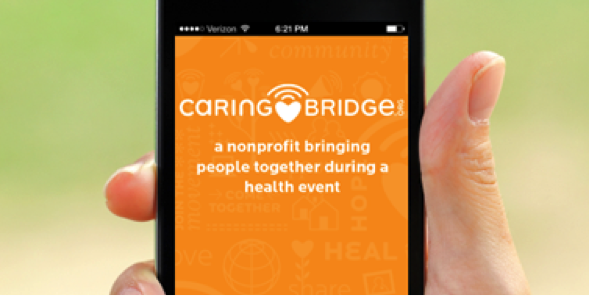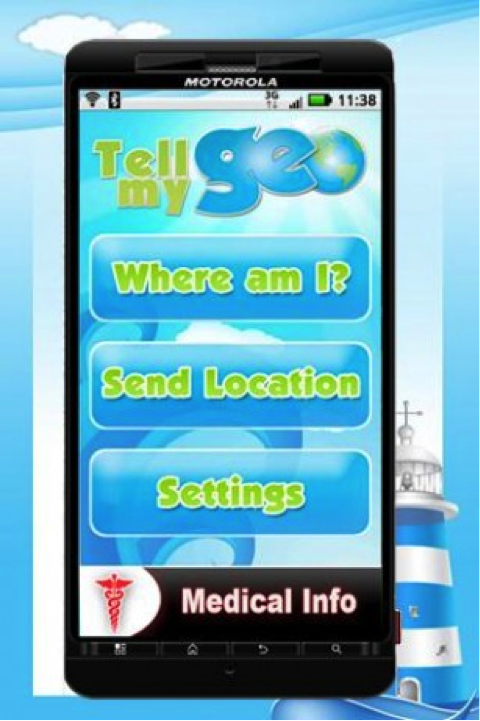Medical Devices and Helps Part 3: Apps
Our goal with this series of articles (see part 1 on medication and part 2 on in-home monitoring) is to look at technologies that help people stay in their home as long as possible. Seniors or the chronically ill typically move into a health care environment as a last choice. Improvements to technology today can […]

Our goal with this series of articles (see part 1 on medication and part 2 on in-home monitoring) is to look at technologies that help people stay in their home as long as possible. Seniors or the chronically ill typically move into a health care environment as a last choice. Improvements to technology today can help seniors and patients make it a lot easier to stay in place. The number of software applications—or apps—that are specifically designed to help people trying to live independently grows every day, and it needs to. Apps are programs that run on smartphones, computers, and tablets—devices that just about everyone uses. These apps can be used by the user to be aware of her situation, or by caregivers or loved ones to keep in touch, or to monitor activities and overall health. You might find that one app doesn’t do everything you need, but a combination of them might fulfill your needs. Today we're going to look at a few such apps.

CaringBridge – Free on iPhone, iPad, and Android
This app is great when more than one person wants to help with a loved one or friend and stay in touch. Multiple caregivers can share valuable information like arranging care, updates, and encouragement. CaringBridge works in a way like Facebook, acting as a social network, though with the specific thought of people with medical conditions. It allows users to create journal entries, share photos and medical updates. The app has a personal planner to record one time or recurring tasks. Users and caregivers can coordinate and share tasks like helping with meals, exercise, or transportation.

CareZone – Free on iPhone, iPad, and Android
This app is also great for multiple people who want to help or stay in touch. This app is very secure and is as safe as your bank site, allowing you to share important information like arranging care, notes, journal entries and photos. CareZone allows you to create to-do lists so that multiple people can be aware of and keep track of who’s responsible for which task. The app boasts a contact list, storing information like phone numbers for doctors, physical therapists, and pharmacies. This app also contains a place to track medication, dosage amounts, medication schedules and prescribing physicians. This app gives you the ability to send voice messages to many people. This app information is constantly backed up and secured.

Tell My Geo – $9.95 on Android only
This app allows for tracking and keeping up with someone with memory problems. It creates a link between two Android smartphones that allows one person to monitor and track where the other person is. The patient’s smartphone can be set to send regular location updates (using GPS technology) to a loved one’s smartphone. The app has a large emergency buttons that make it easy to get help. The app has a “call for help” button that can be programmed to call a nearby caregiver with a photo logo or emergency personnel. The app also has a “where am I” button that pulls up a satellite map along with an image of the patient’s current location. The app has a “send location” button that will instantly send their location to multiple loved ones. This app also has a medical information component built into it, allowing it to act like a med-alert bracelet but with more detail, providing information such as medical diagnosis, allergies, blood type, medical history, doctor, and emergency contact information. This information can be forwarded to a healthcare professional with a push of a button. The app also comes with decals that can be placed on the phone with information for emergency medical professionals.
While considering apps, family caregivers and seniors need to consider the security of the personal information many of these apps hold, since that information that can put financial and even physical safety at risk if the phone falls into the hands of those with criminal intent. It’s also easy to keep in touch with loved ones with some free video chat for smartphone or tablets like Skype or Facetime. It’s also easy to get medical information on medication or symptoms from free apps like WebMd. As technology improves is also becomes easier to use. People will benefit from mobile apps that help them better manage their health and lower their healthcare costs. If you have any suggestion or a favorite app you use, leave us a comment.

 Member Connect
Member Connect